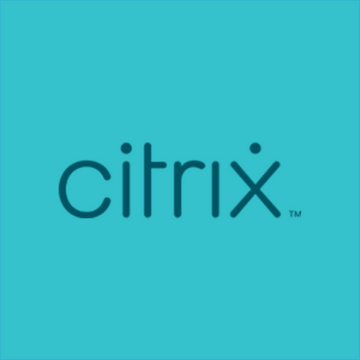Being one of the world’s top 20 universities comes with certain expectations.
University College London (UCL) counts 29 Nobel prize winners in its alumni, including Peter Higgs (the Higgs boson) and Francis Crick (the structure of DNA). Other famous alumni include telephone inventor Alexander Graham Bell and the band Coldplay (the four UCL graduates met during Freshers’ Week).
The university draws students from all over the world. Forty-one percent of the 38,000-strong student body comes from 150 countries outside the UK. Student numbers have grown rapidly in recent years, as have students’ expectations.
“One of the big changes was when tuition fees were introduced,” explains Head of Windows Infrastructure Services Anthony Peacock. “Domestic students now feel they are paying for something and they expect a better service. Where before they were possibly less demanding, they are now saying, ‘What am I paying for?’”
International students, Peacock says, also have high expectations. And, of course, students seem to be more IT literate with each year.
“Nowadays, every student has a laptop when they arrive,” Peacock says, “and they already use some form of cloud storage. It’s impossible not to have cloud storage, these days. It comes with every device you buy.”
The challenge of meeting students’ rising IT expectations is compounded by two factors.
The first is physical. Aside from its prestigious reputation, one of the attractions of studying at UCL is its historic Bloomsbury, central London location. Students (and academics) want to be in the heart of the city, studying in the same rooms as their famous forebears. However, Peacock explains, “UCL is constrained by its physical space. There’s no room to put up a new building, and a lot of our existing buildings are listed [as Buildings of Special Architectural or Historic Interest]. You can’t just knock one down and build a better one.”
The second factor is technical. Students and staff are increasingly mobile and IT-independent, but software needed for a particular course may not be licensed for personal devices or may not run on a student’s chosen device. When working off-campus, students and staff had no way to access centrally stored files. And, the universty’s technology choices frequently reflected the highly federated nature of university decision-making.
“Universities have a different approach to governance from big business. Different departments receive money as research grants and feel they can spend it on what they like. IT can either say we only support our own stuff, or else help them to do what they want in the right way. The UCL approach is to help people use their own devices in the most secure and effective way.”
As a result of these various constraints, students often had to use a limited number of on-campus PCs to complete assignments.
Taking the desktop experience beyond campus limits
UCL chose Citrix XenDesktop to extend the PC-based, on-campus experience to staff and students outside the existing campus.
“We now use a number of non-university buildings for teaching. Citrix XenDesktop lets us provide those locations with the same applications and facilities that are available on campus,” Peacock explains. “Our aim is to provide a near-identical experience whether people use an on-campus PC or the Citrix virtual desktop on a device somewhere off-campus.”
Remote access and the use of personal devices are also much simpler.
“XenDesktop makes it really easy to support people who want remote access. We just point them to a website, and they log in using their UCL credentials,” says Peacock. “It’s a lot easier for students than using a VPN, and people use it when working from home as an easy way to access our central file store.”
“Students also use the virtual desktop on campus for software that they can’t install on their own device,” Peacock continues. “It means they can have, say, a Mac and use an application that only runs on PC.”
With its ambitious UCL 2034 strategy, the university plans to become one of the world’s top 10 universities. Peacock’s team has an important role to play in supporting that through the strategy’s Excellent Systems goal. As he says, “It’s a perennial problem for IT. We’re always playing catch-up with demand, driving to do more while also managing the university’s federated approach to decision-making. Citrix helps with that by providing a stable, reliable, and consistent desktop experience.”
You can read more about how Citrix supports UCL in achieving its aims in our customer story, here: https://www.citrix.com/customers/ucl-en.html




